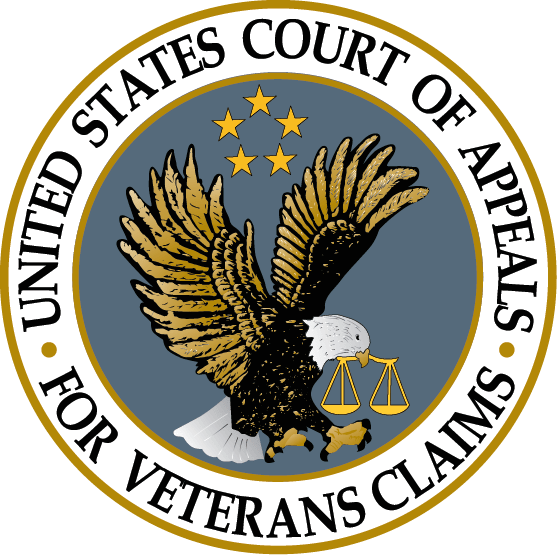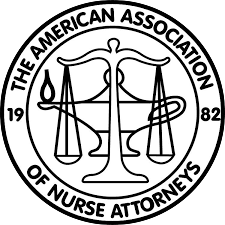
VA Compensation for Sleep Apnea
A good night’s rest is a luxury that many San Diego servicemen and women do not have. They’ve been trained to sleep late and wake up early, especially during deployment when a soldier must respond quickly and effectively. This becomes a problem for most soldiers as they may develop a sleep disorder.
What is Sleep Apnea?
Sleep apnea is just one of the many sleep disorders associated with being in service, and it is potentially one of the more serious cases due to its effects on the body. Sleep apnea causes your breathing to repeatedly stop and start, causing you to gasp for air during sleep.
There are three types of sleep apnea. It may appear as Obstructive Sleep Apnea (OSA), Central Sleep Apnea (CSA), or Complex Sleep Apnea Syndrome (CSAS). OSA is one of the more common forms of sleep apnea. It occurs when throat muscles relax involuntarily. On the other hand, CSA occurs when your brain doesn’t send proper signals to the muscles that control breathing. CSAS are a combination of both OSA and CSA.
If sleep apnea was just intermittent breathing in your sleep, then it wouldn’t be all that serious. However, it’s much more than that. This type of sleep disorder can progress into heart disease, hypertension, and stroke. This is why diagnosing sleep apnea is important – more so if it resulted from deployment during service.
Common Symptoms and Risk Associated with Sleep Apnea
Considering there are three types of sleep apnea, plenty of symptoms may overlap with one another. However, they all share a common precursor – insomnia.
Insomnia is just one of the symptoms of sleep apnea, but it is the most common symptom before serious sleep disorder occurs. The other symptoms, such as irritability, hypersomnia, and morning headaches, are the possible results of sleep apnea. And these symptoms greatly affect a veteran’s day-to-day life. Sleeplessness is a debilitating problem that will gradually mount over time and increase the likelihood of more serious issues to come. Veterans risk developing fatal heart conditions if left untreated.
The Process for Receiving VA Benefits
It starts with the proper diagnosis. Talk with your physician at the first sign of any kind of sleep disorder associated with sleep apnea. After that, complete the C&P exam. That’s when you’ll establish your injury and explain how it resulted from an in-service injury. Many forms of sleep apnea are brought on by brunt physical trauma to the head or PTSD.
It’s important to make a proper connection – a nexus to the in-service injury of your current disability. Without it, your appeal for VA compensation will be denied. However, if it does get denied, consult Stephen Brodsky for a consultation.
Get the Help that You Need
Veteran sleep apnea and other sleep disorders associated or not associated with it are becoming more common nowadays. If you are suffering from any of the sleep disorders mentioned above and have been denied a disability claim by the VA, contact Stephen Brodsky.
Mr. Brodsky has decades of experience fighting battles for many San Diego veterans and servicemen. He is the ally for veterans seeking help navigating the VA disability compensation system




